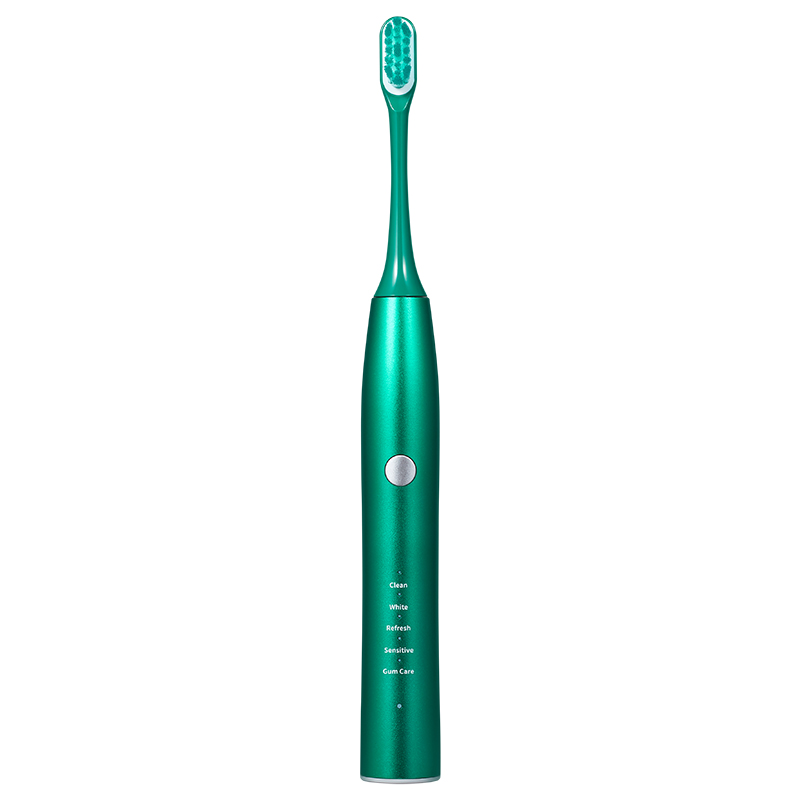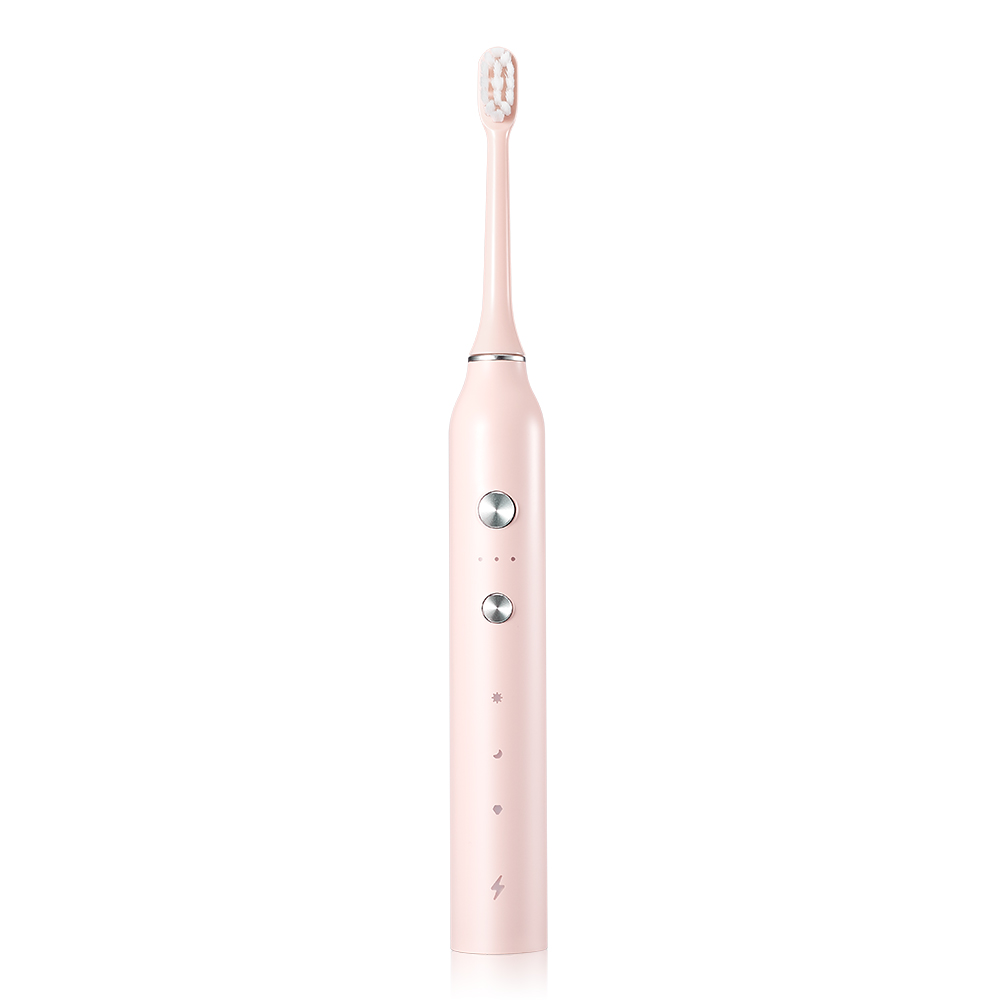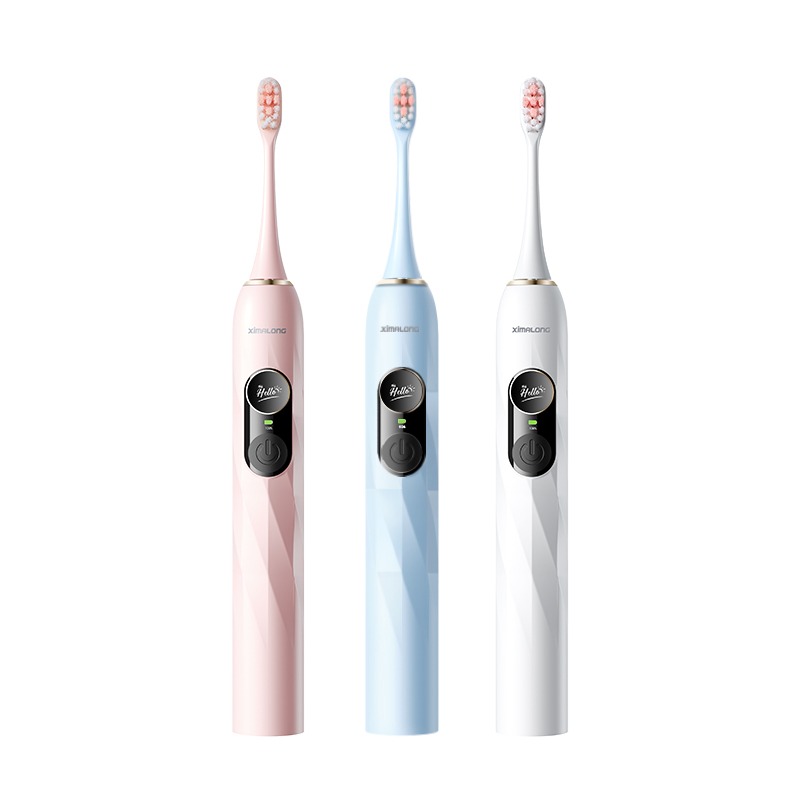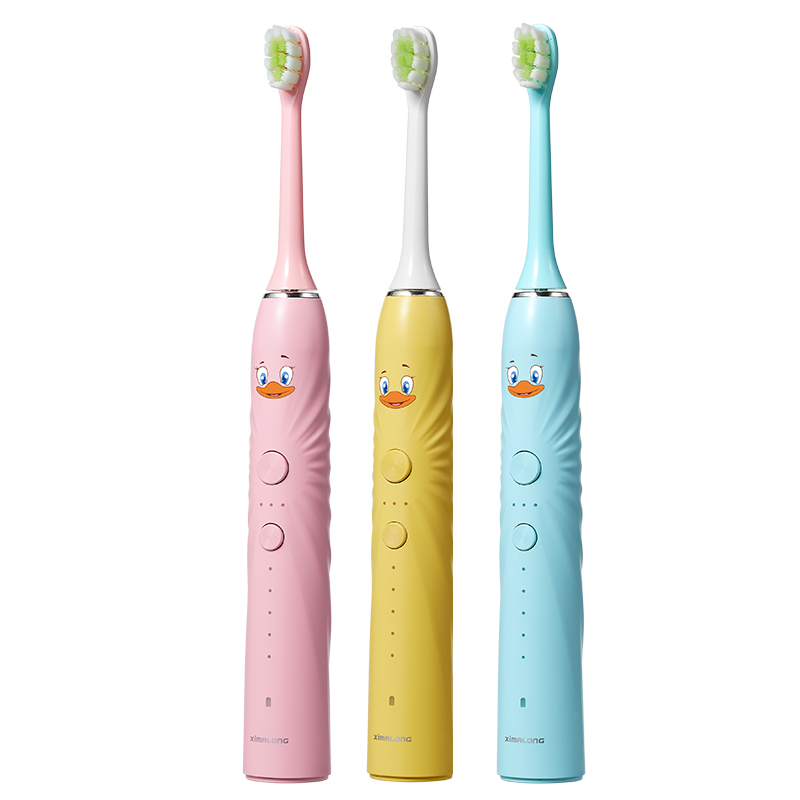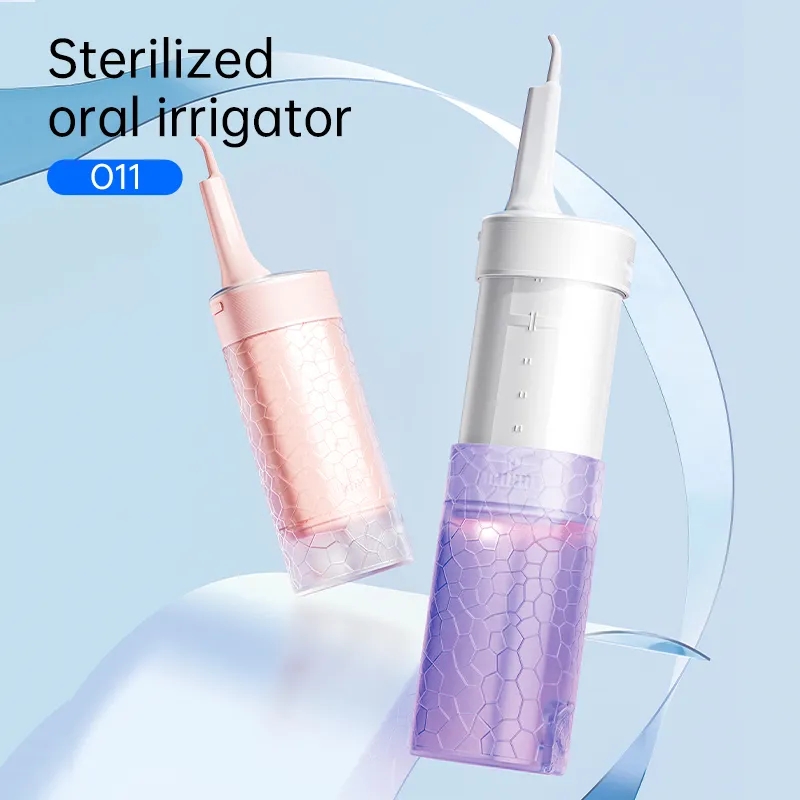Maintaining oral hygiene is essential for overall health, and over the years, dental tools and technologies have evolved to make cleaning your teeth easier and more effective. Among these innovations are dental irrigators and water flossers, which are both popular choices for cleaning between teeth and along the gumline. But what’s the difference between the two? How do they compare in terms of effectiveness, ease of use, and health benefits? In this article, we’ll explore how dental irrigators stack up against regular water flossers, providing data-driven insights into their performance.
What is a Dental Irrigator?
A dental irrigator (also known as an oral irrigator or water flosser) is a device that uses a stream of pulsating water to remove food particles, plaque, and bacteria from between the teeth and along the gumline. This tool is especially helpful for people who have difficulty using traditional floss, such as those with braces, implants, or sensitive gums.
The water pressure in a dental irrigator can usually be adjusted, allowing for a customized cleaning experience. It’s typically powered by electricity, and many models come with a variety of tips and modes for different needs.
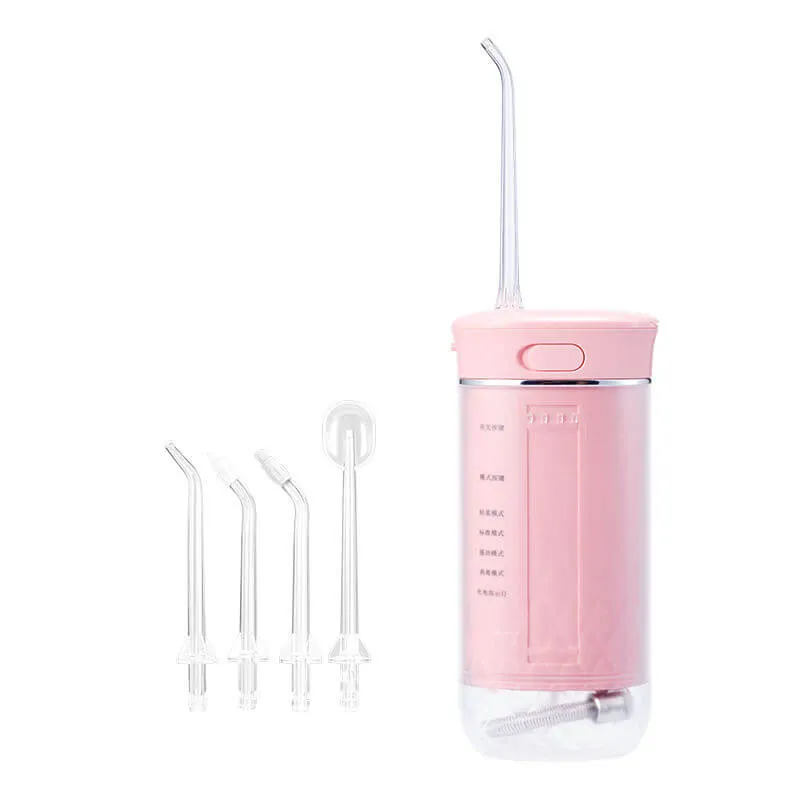
What is a Regular Water Flosser?
A regular water flosser is essentially the same as a dental irrigator, with the primary difference being that it may not offer as many features or customization options. Some water flossers are designed for more basic use, while others come with multiple settings, attachments, and more targeted functionality.
In essence, the term "water flosser" and "dental irrigator" are often used interchangeably, although dental irrigators may come with more specialized tips and advanced functionalities in some cases.
Comparing Dental Irrigators and Water Flossers
Let’s dive into a head-to-head comparison of these two devices to help you decide which one is right for your oral care routine.
1. Effectiveness in Plaque Removal
Both dental irrigators and water flossers are designed to remove food particles, bacteria, and plaque from between the teeth, but how effective are they in doing so?
Dental irrigators typically have adjustable pressure settings, which can provide stronger or gentler pulses depending on the user’s preference. This flexibility can be beneficial for users with specific needs, such as those with periodontal disease or those who need extra gum stimulation.
Water flossers, on the other hand, are generally designed for regular cleaning of the teeth and gums. Research suggests that water flossers are very effective in plaque removal. A study published in the Journal of Clinical Dentistry found that water flossers are up to 29% more effective at removing plaque than traditional flossing.
However, the American Dental Association (ADA) acknowledges that while water flossers are effective for most people, dental irrigators with higher water pressure settings may perform slightly better in cleaning deeper between teeth.
Industry Data: A study by The American Journal of Dentistry found that dental irrigators, when used in conjunction with regular brushing, reduced plaque by 53% and gingivitis by 36% over a 2-week period.
2. Ease of Use
When it comes to ease of use, both devices offer a more user-friendly option compared to traditional flossing, especially for people with limited dexterity or who struggle with the technique of string flossing.
Dental irrigators are often designed with larger tanks and ergonomic handles, making them easy to hold and operate. They are typically easier to maneuver around the mouth and can reach difficult areas, such as the back molars. The pulsating water stream cleans efficiently without requiring any manual effort from the user.
Water flossers, depending on the model, can also be quite easy to use. Some designs are more compact, making them ideal for travel, but they may require a bit more time to get used to. Since they’re typically less powerful than dental irrigators, users may need to use more pressure or more time to clean effectively.
3. Safety for Gums and Teeth
Both dental irrigators and water flossers are considered safe for most people, but individuals with specific oral health conditions may benefit from certain types.
Dental irrigators are a great choice for individuals with sensitive gums, as the adjustable settings allow users to choose a gentle pulse, reducing the risk of irritation. They also help stimulate blood circulation in the gums, which may support overall gum health. Additionally, dental irrigators can be a safer and more comfortable option for people with braces, crowns, implants, or other dental work that makes traditional flossing difficult.
Water flossers, on the other hand, are gentle enough to avoid causing damage to the gums and are typically safe for everyday use. However, because some models lack the customizable pressure options, they may not provide as much gum stimulation as dental irrigators.
Industry Data: According to the American Academy of Periodontology, using a dental irrigator regularly can improve gum health by reducing the risk of gingivitis by up to 80%. The study suggests that dental irrigators provide more consistent gum health benefits compared to flossing.
4. Convenience and Portability
When it comes to convenience, water flossers tend to be more portable. Many models are smaller, more lightweight, and rechargeable, making them a good option for travel. Most can be used in a bathroom sink without a dedicated power supply.
Dental irrigators, due to their typically larger tanks and higher power requirements, are usually designed to be used in the bathroom and may not be as portable. However, newer models are becoming more compact and travel-friendly.
5. Price
The cost of both devices can vary depending on features, power, and brand. However, water flossers tend to be more affordable, especially the basic models. Dental irrigators, with higher pressure settings and additional features such as specialized tips, may come at a higher price point.
Which One is Better for You?
Both dental irrigators and water flossers offer significant benefits for maintaining oral hygiene. However, their suitability largely depends on your personal needs and preferences:
If you’re looking for powerful, adjustable water pressure and want a system that can handle specific dental conditions (like braces, implants, or periodontal disease), a dental irrigator may be the best option for you.
If you’re seeking a more affordable and portable solution for regular cleaning, a water flosser can provide great value without compromising effectiveness.
Conclusion
Both dental irrigators and water flossers are effective tools for improving your oral hygiene routine, but each serves slightly different needs. Dental irrigators tend to offer superior performance with higher pressure settings, making them suitable for more specialized dental care, while water flossers are generally more compact and easier to use for everyday cleaning.
Ultimately, your choice will depend on factors like your oral health, budget, and how much customization you need. Whichever device you choose, both options are far superior to traditional flossing in terms of convenience, comfort, and efficiency.

